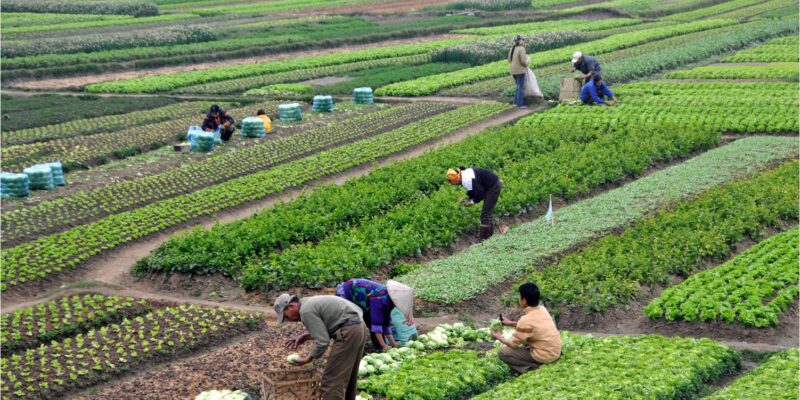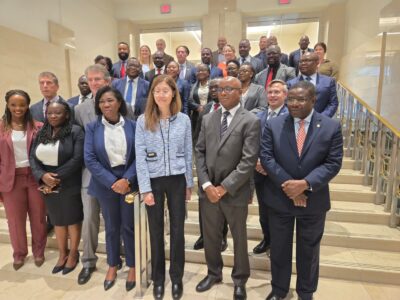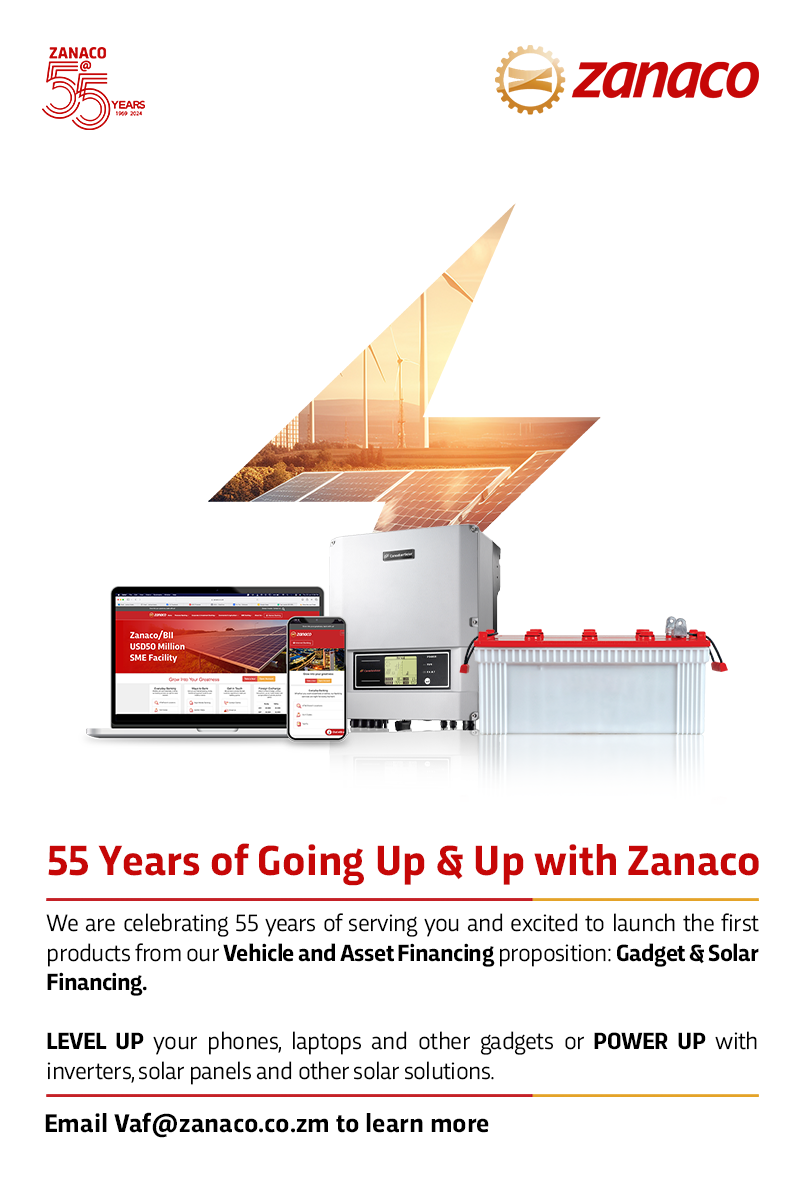African, including Zambian lenders have been urged to explore blended finance to help de-risk agricultural transactions.
This will reduce transaction costs and attract private financing by improving the risk-return ratios, according to the global experts during a panel session at the second international summit on food production in Dakar.
The discussions come in the wake of supply chain disruptions as a result of Covid-19 pandemic, the war in Ukraine, rising inflation, high commodity prices that have led to increased food and nutrition insecurity.
Trade and Development Bank head Admassu Tadesse said in statement on Monday that financing agriculture was not as risky as was often perceived.
Tadesse noted that the agri-Small and Medium Enterprises (SMEs) biggest sources of financing were local commercial banks.
He expressed concern that commercial banks preferred to invest in larger, more mature enterprises such as established aggregators and local processors who commanded regional or national market.
“It depends on which part of the cycle. We focus on the tail end, where is there is low risk,” Tadesse said.
Read more: Zambia to benefit from African Development Bank programme targeting women in agric
And Wagner Albuquerque de Almeida, Global Director for Manufacturing, Agribusiness and Services at the International Finance Corporation (IFC) said: “A key challenge of the sector is the understanding of the risks…We need blended finance for things that are riskier to be done.”
Panelists also noted that food value chains in Africa are currently not set up to maximise the potential of our food system.
This growing realization has jolted players in Africa’s agricultural sector to seek practical solutions to restore the continent’s food security.
There is vast potential for establishing production and trade links, as well as synergies between different actors along the entire agribusiness value chain: producers, processors and exporters.
“All the elements need to come together. You need to have an ‘airbag’ if things go wrong,” said Heike Harmgart, Managing Director for the Southern & Eastern Mediterranean, European Bank for Reconstruction and Development.
WARNING! All rights reserved. This material, and other digital content on this website, may not be reproduced, published, broadcast, rewritten or redistributed in whole or in part without prior express permission from ZAMBIA MONITOR.













Comments